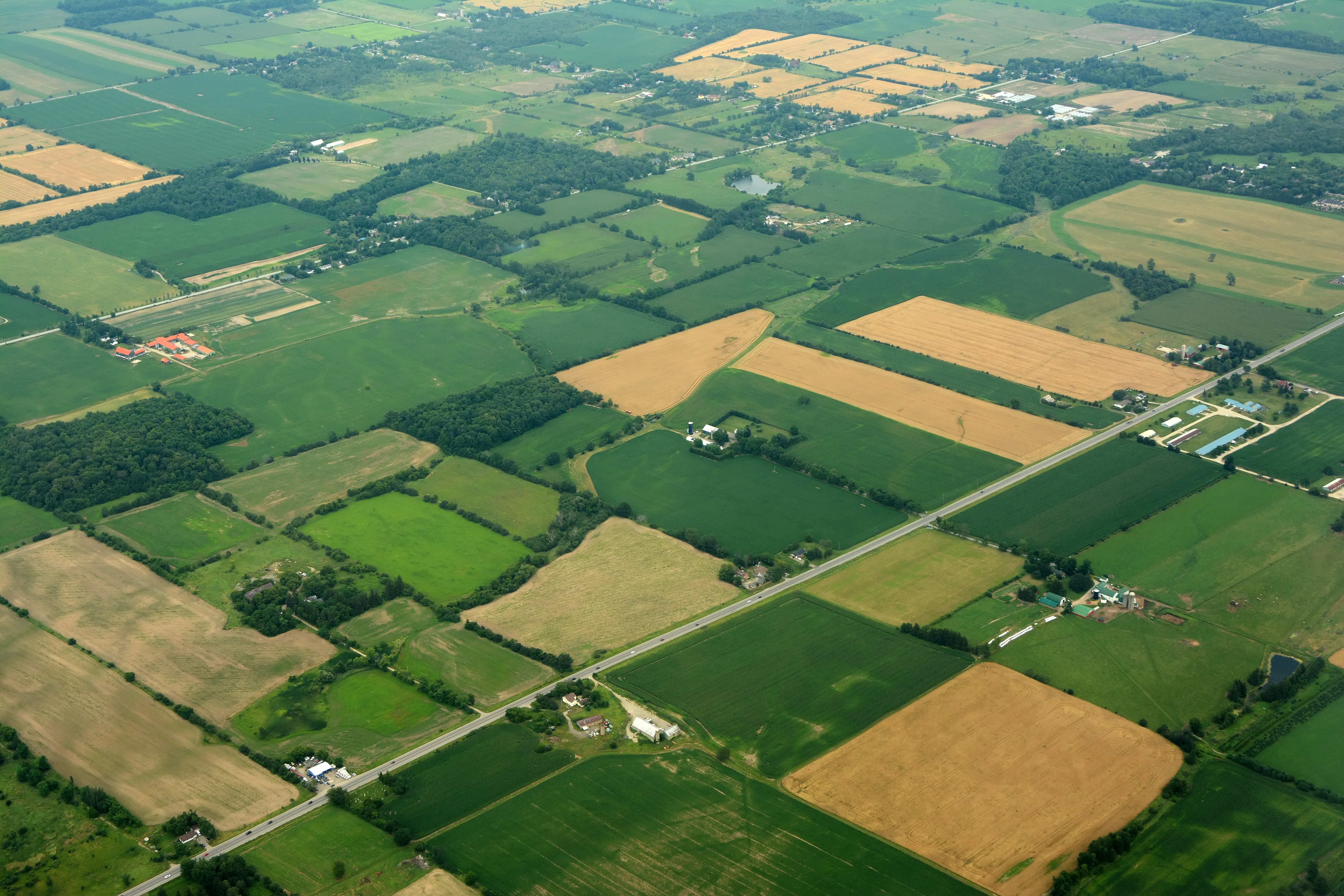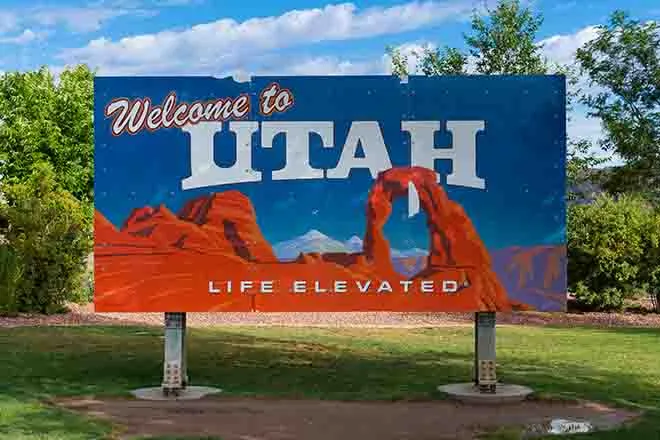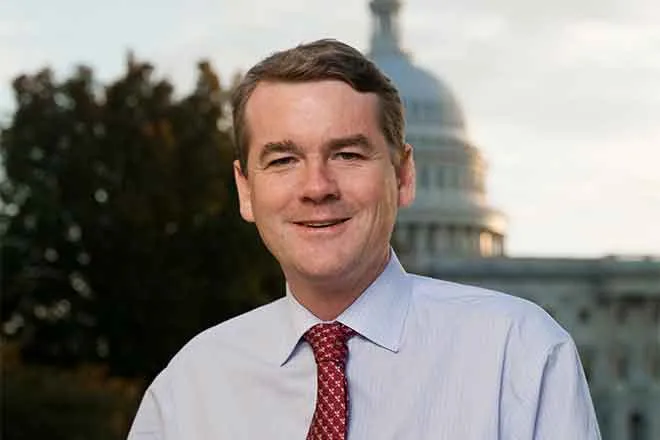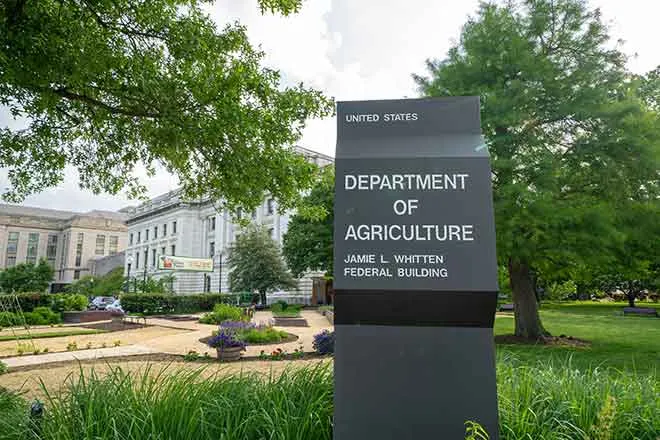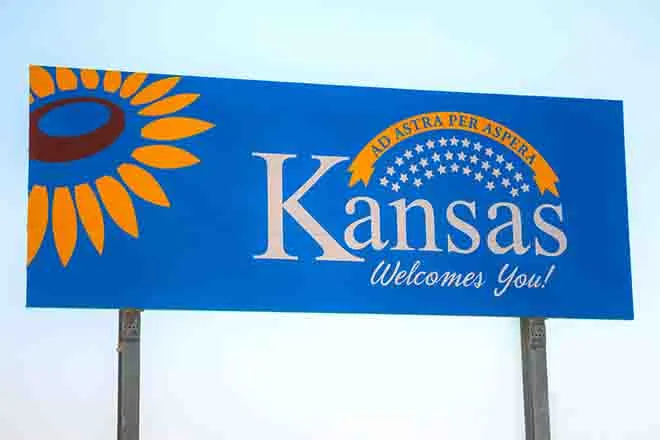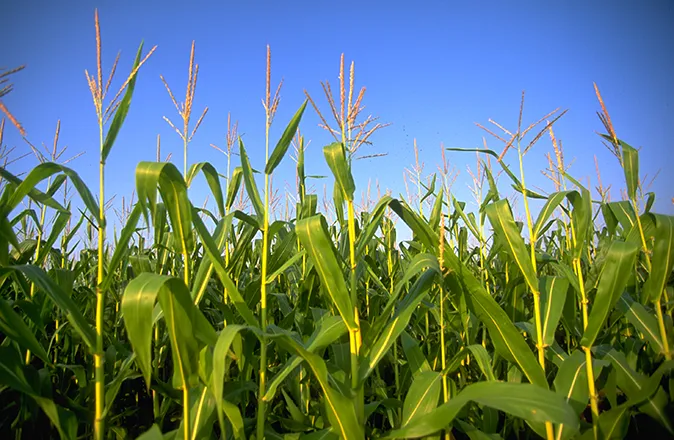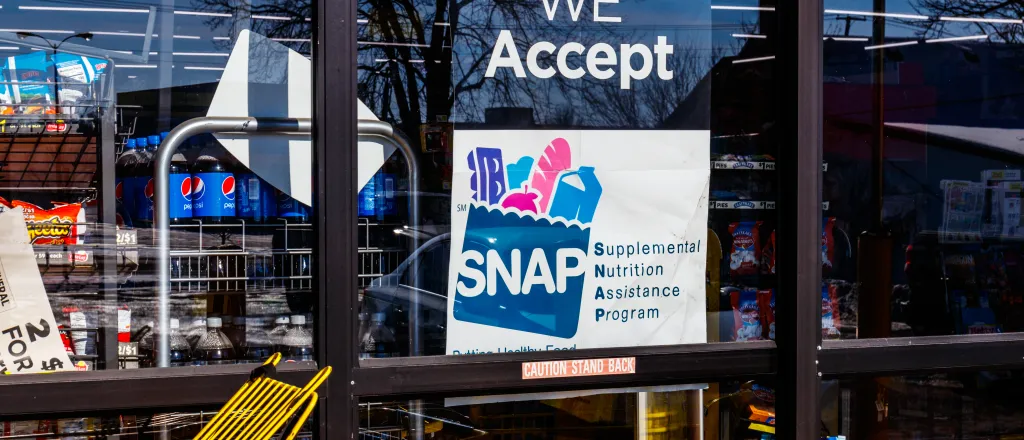
Iowa Hunger Coalition pushes back on SNAP cuts in Farm Bill
Click play to listen to this article.
(Iowa News Service) One version of the Farm Bill being debated in Congress would cut billions of dollars in Supplemental Nutrition Assistance Program benefits from agriculture-dependent states, including Iowa and groups fighting hunger in the state are pushing back.
The version of the Farm Bill released by Representative Glenn Thompson, R-Pa., the House Agriculture Committee Chair, would cut nearly $30 billion in SNAP benefits over the next decade, including $170 million in Iowa, according to the Center on Budget and Policy Priorities.
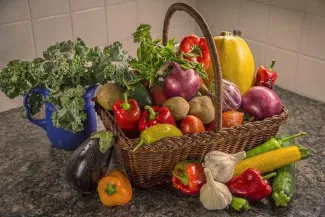
© Pixabay - skeeze
Luke Elzinga, board chair of the Iowa Hunger Coalition, said based on the projections, the cuts would have a big effect on the most vulnerable people in the state.
"I think that's especially concerning," Elzinga stressed. "Because right now, we have food banks and food pantries across the state that are facing record-breaking demand."
The U.S. Department of Agriculture's Thrifty Food Plan, which creates funding formulas for SNAP and other food assistance programs, would also freeze future benefits. Thompson and others have argued their version of the Farm Bill amounts to responsible budgeting and planning.
Elzinga's coalition has tracked numbers showing SNAP benefits are already not enough to keep up with providing the lowest-cost meals in the state and come in about 20 percent below what it takes to make ends meet at the dinner table.
"We're talking about families getting typically less than $6 a day per person," Elzinga pointed out. "It's really already just not enough to get by. So many people are struggling with higher food prices, housing costs and child care costs."
This is not the final version of the Farm Bill to be debated but Elzinga argued releasing a measure with such major cuts to SNAP benefits is not a good starting point for negotiations. In his view, it creates the perception for Congress, low-income people are not high on the priority list.

